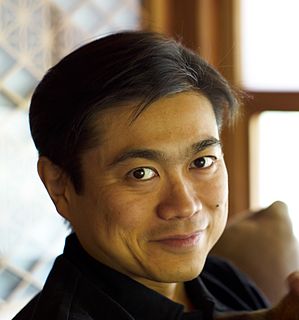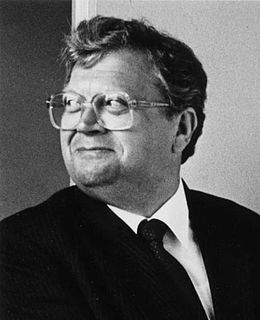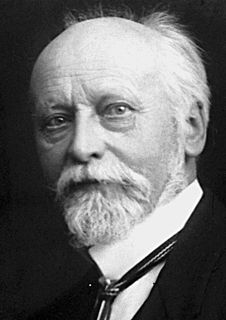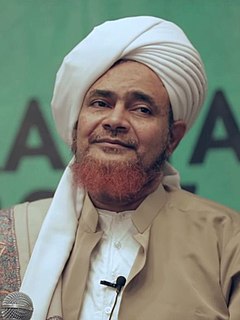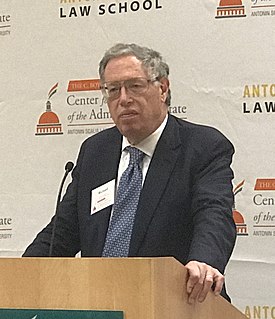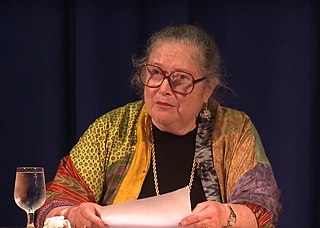A Quote by Philip Alston
The problem with the United States is that it is making an increased use of drones/Predators [which are] particularly prominently used now in relation to Pakistan and Afghanistan...My concern is that drones/Predators are being operated in a framework which may well violate international humanitarian law and international human rights law.
Related Quotes
From Iraq to Guantanamo Bay, international standards and the framework of international law are being given less when they should be given more importance. I am pleased that the courts in the United States are beginning to review what has happened to those detained in Guantanamo Bay. Similarly in Iraq we need to bring our strategies back within the framework of international norms and law.
US law and international human rights law have radically diverged in the past years in terms of the recognition of indigenous people's rights. International human rights law now looks at not whether or not the tribes have formal ownership or legal title in a Western legal conception might have it, but rather they look at the tribe's historical connection to that land.
Human rights and international criminal law both illustrate the contradictory potential of international law. On one level, the imposition of human rights norms is a restraint on interventionary diplomacy, especially if coupled with respect for the legal norm of self-determination. But on another level, the protection of human rights creates a pretext for intervention as given approval by the UN Security Council in the form of the R2P (responsibility to protect) norm, as used in the 2011 Libyan intervention. The same applies with international criminal accountability.
After a short period of time in Pakistan, it's clear that drones are not a security solution. If you believe in drones, the original idea was to go after so-called high-value targets, which according to the NYU-Stanford study 2% of the people killed by drones are high-value targets - now, who are all the rest of the people? Well, it's a secret program, so therefore the CIA doesn't have to tell us anything, yet they claim that with each attack they're getting militants. Now we have people coming forward, saying, actually, no we're not terrorists.
The international human rights framework is a vital component and engine for promoting global values. Governments have signed up to this international legal framework and we should hold them accountable, in all circumstances from environmental or labour standards, to trade talks, arms control and security issues as well as other international legal codes.
We have no regulation of drones in the United States in their commercial use. You can see drones some day hovering over the homes of Hollywood luminaries, violating privacy. This question has to be addressed. And we need rules of operation on the border, by police, by commercial use, and also by military and intelligence use.
The importance of the term "genocide" for many Indigenous Peoples is that it is more than a term or an accusation; it is a word created in the wake of the Shoah in Europe to describe what happens when a people are targeted by a government for extermination, as were the Jews of Europe, and which is the term used in the most important international law related to concerned Indigenous Peoples, as the only international human rights law that pertains specifically to collectivities of people rather than individuals.
It is a great problem for the true international agenda of human rights that the United States, uniquely among industrialised countries, has not ratified three main instruments, has not ratified the Covenant on Economic, Social and Cultural Rights, or the Convention on the Rights of the Child, or the Convention for the Elimination of Discrimination Against Women, and we could have so much richer a debate and dialogue on international human rights standards if the superpower would sign up to the agenda.





